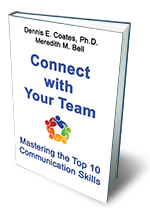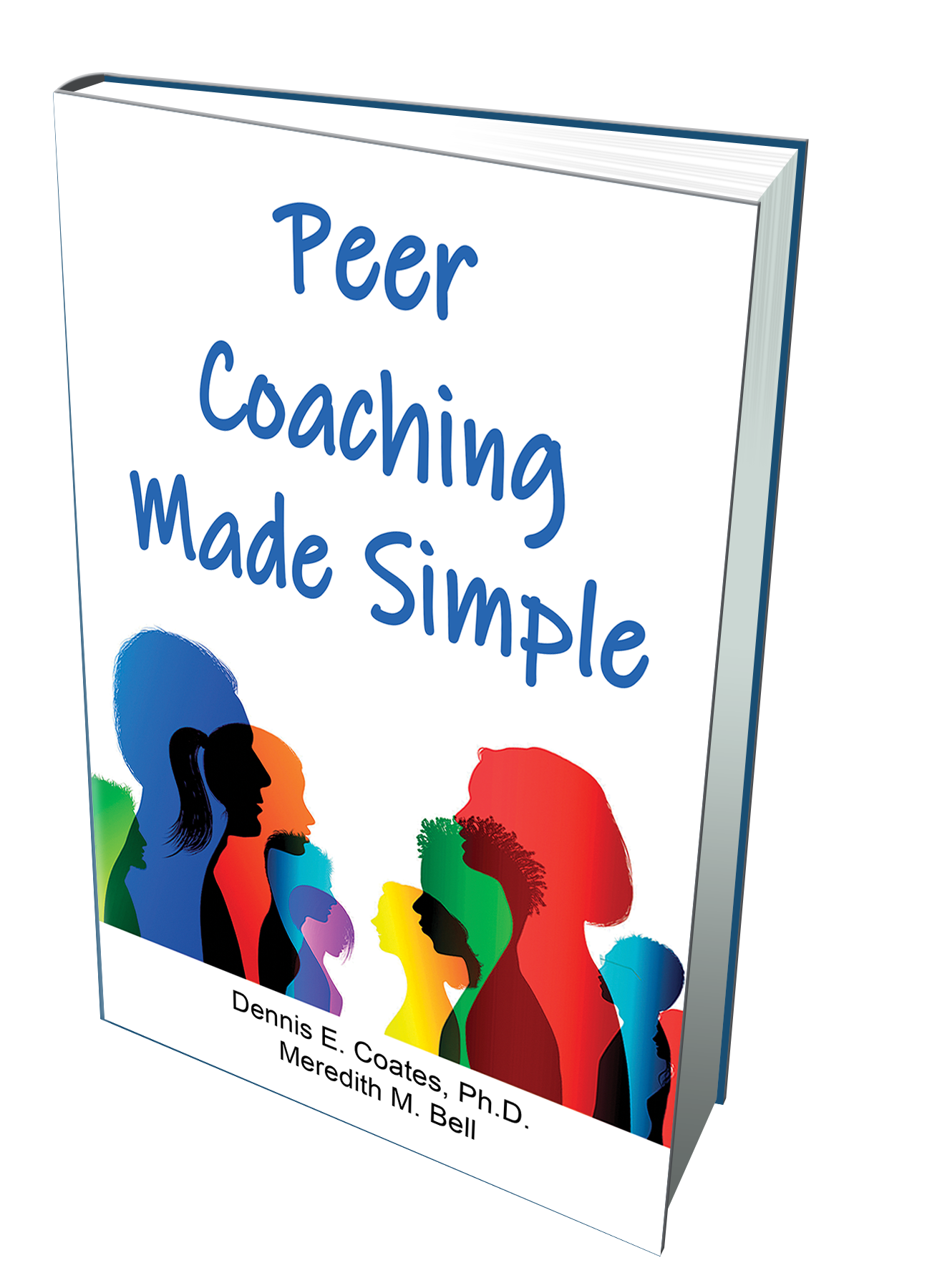
259: Lessons from a Learn-It-All Leader
259: Lessons from a Learn-It-All Leader
What’s the difference between a Learn-It-All leader and a Know-It-All Leader? That’s just one of many questions Damon Lembi answers in this value-packed conversation. Damon is an excellent example of a leader who’s been focused on his own growth and equally committed to helping members of his team become the best versions of themselves.
For nearly three decades as CEO, Damon has led his company, Learnit, through the ever-changing landscape of Learning and Development, gaining insight into what works, how great leaders learn, and why learn-it-all companies outpace their competition.
Coming to business from a career in baseball, Damon brings an athlete’s perspective on leadership and training to his informal mentoring of executives. He’s distilled those hard-won insights into his bestselling book, The Learn-It-All Leader—Mindset, Traits, and Tools.
You’ll discover:
- Leadership lessons Damon learned from the 3 Hall of Fame Baseball Coaches he worked with in college
- The distinction Damon makes between Being and Doing when it comes to leader behaviors
- Why Damon hires for potential instead of experience
- Reasons he prizes Curiosity as a key leadership skill
- What the Trust Tax is and why it’s an important payment to make













